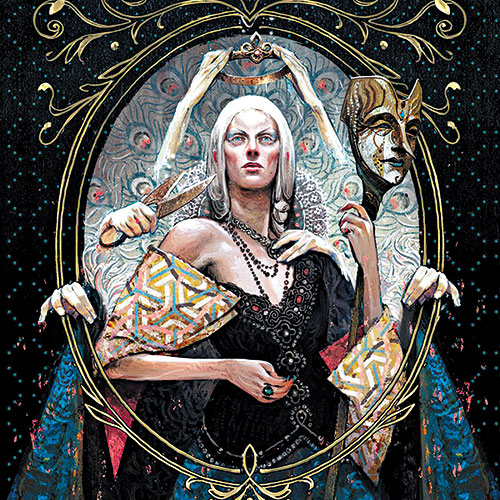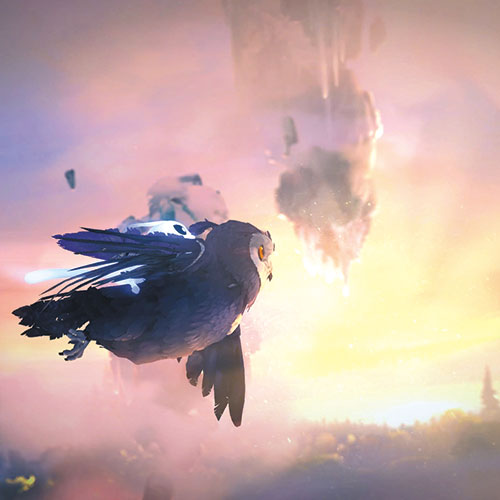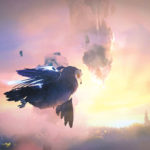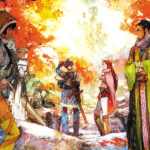Paige FTW: A Written Achievement

Word that the Dragon Age franchise will see some kind of December announcement (hopefully that BioWare is working on Dragon Age 4 and not some mobile spinoff) has got me thinking about the series’ surprisingly fruitful lineup of tie-in novels.
The five books that I read — The Stolen Throne, The Calling, Asunder, The Masked Empire and Last Flight — were (with one exception) written by David Gaider and Patrick Weekes, both of whom have or still serve as architects of the franchise. It’s canon, y’all.
As fantasy novels, they are nice, short little reads that focus on very specific areas of Thedas’ history, like “how King Maric came to the throne of Ferelden” or “how the Grey Wardens returned to Ferelden” or “what happened to Wynne after Dragon Age: Origins.”
In other words, they are nice to read to fill in gaps of knowledge, but unless you’re a real fanatic, they don’t necessary add more than context to familiar events. (At the time I read the novels, I was a real fanatic.)
They are not terribly well written books — this is no George R.R. Martin or Brandon Sanderson novel. So why talk about them? Why recommend them even tangentially?
Well, nothing makes you appreciate the feat of video game writing than a novel. A video game has to convey a ton of information to you without the luxury of a 400 pages of nonstop text. It has to use dialogue, flavor text and (sometimes) an in-game database to convey to you the history, lifestyle and real-time events of an entire world.
Little wonder that video game writing is routinely bashed, with rare exceptions for those games that do manage to achieve that deftness of verbiage (the remarkable translation of Final Fantasy XII is routinely praised for a reason). They have a nearly impossible task, and they soldier on.
BioWare’s snappy dialogue and emotional conversations do not translate well to novel form … and that’s all the more reason to appreciate the quiet achievement of the games.











